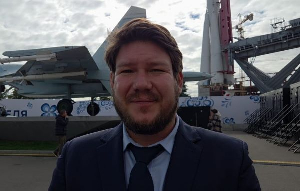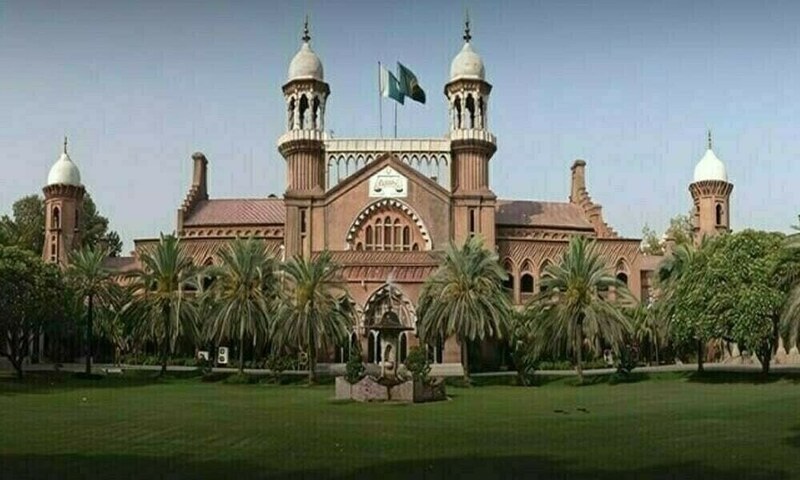By Ghana News
Copyright ghanamma

Ghana could soon become the first African country to benefit from Russia’s cutting-edge Floating Nuclear Power Unit (FPU) technology, following ongoing talks between the Russian State Atomic Energy Corporation (Rosatom) and Ghanaian authorities.
Rosatom is considering deploying two or three FPUs in Ghana, providing the country with a flexible, clean, and reliable source of electricity.
Russia is currently the only nation in the world operating floating nuclear power plants, which are designed to supply not only power but also heating, desalination, and hydrogen production.
Speaking to GhanaWeb Business on the sidelines of the World Atomic Week celebrations in Moscow, Ryan Collier, Rosatom’s CEO for Southern and Central Africa, confirmed that negotiations are progressing.
World Atomic week officially opens in Moscow, Russia
“We have had discussions with Ghana regarding what we can offer, and there seems to be reciprocal interest. We are now working on what would be most suitable and beneficial for the country,” he said.
Collier expressed optimism that a deal could be concluded soon, stressing that FPUs could play a key role in supporting Ghana’s industrialization drive with clean, affordable electricity while reducing reliance on fossil fuels.
According to him, Rosatom’s preferred model for Ghana involves selling electricity directly rather than requiring the country to make heavy upfront investments.
This approach, he explained, could significantly shorten the time needed to integrate nuclear power into Ghana’s energy mix.
“While Ghana has other options for nuclear development, we believe the FPU is a very good first step. I also think Ghana will eventually move towards a large-scale nuclear power project,” he added.
Ghana has already selected vendors from the United States and China for its first nuclear power plant, with identified sites in the Western and Central regions.
These projects are advancing in line with the International Atomic Energy Agency’s (IAEA) milestone framework.
Collier dismissed concerns about geopolitical conflict, noting that Ghana maintains strong ties with Russia and is pursuing the projects independently.
“I think we have a very good relationship with Ghana, and the geopolitical ties between Ghana and Russia are good. I think the way we are approaching this project, I can’t see geopolitical issues when it comes to making it successful,” he noted.
On affordability and reliability, Collier assured that the FPU would deliver cost-effective power. He explained that after seven years of operation, the vessels would be rotated—replaced with serviced units from Russia—to ensure uninterrupted energy supply.
He also rejected claims that refueling or maintenance would disrupt operations, clarifying that once an operational vessel is swapped out, it would be ferried back to Russia for servicing while a replacement takes over.
Collier further emphasised the robust safety record of nuclear reactors used in floating plants and nuclear icebreakers.
Factory-built and transportable, FPUs can be rapidly deployed and are resistant to natural disasters such as earthquakes and tsunamis.
Currently, Russia’s Akademik Lomonosov is the world’s only operational floating nuclear plant, while four more are under construction for northern Russia.
Collier revealed that several African countries have expressed interest in FPUs but expressed hope that Ghana would take the lead on the continent.
Watch the latest edition of BizTech below



